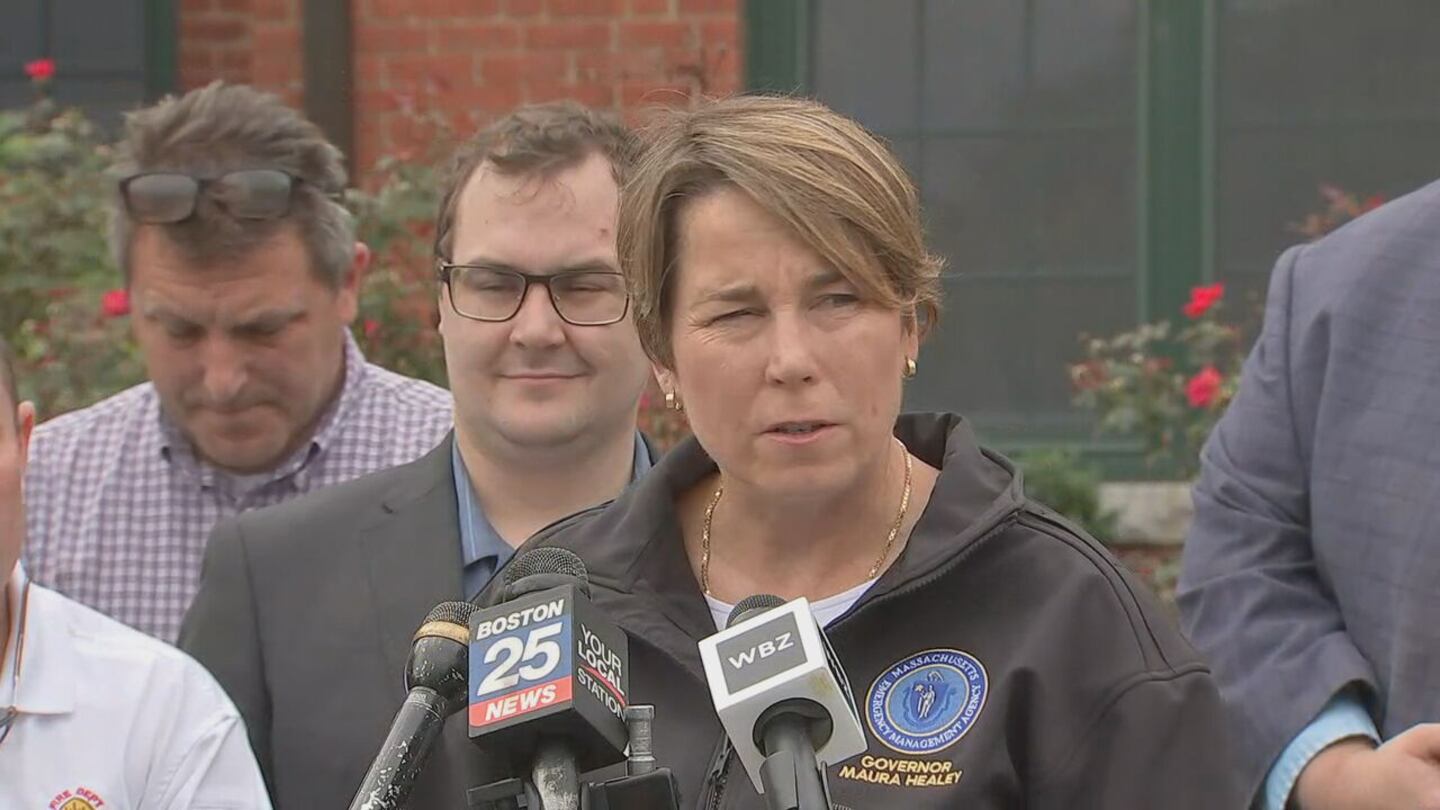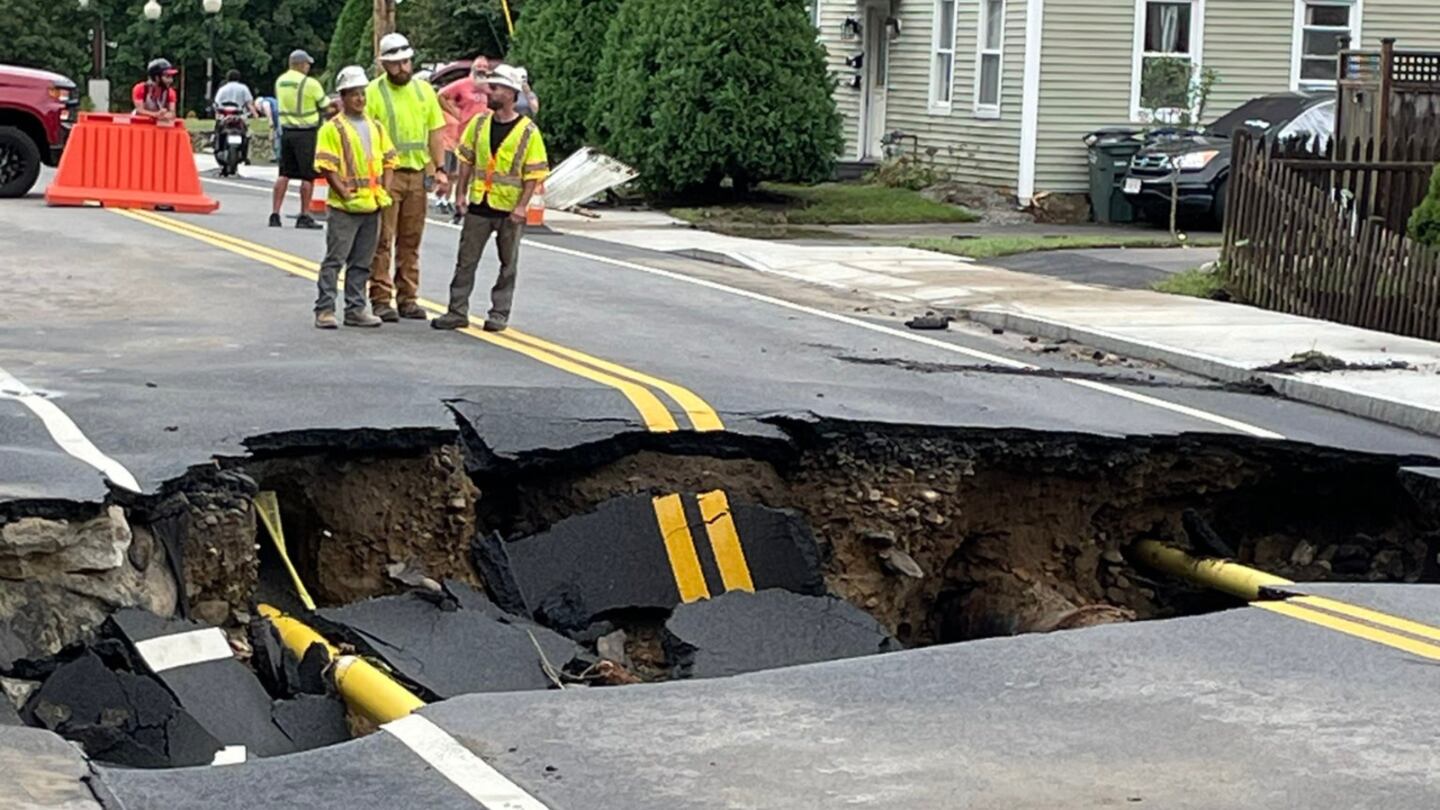Gov. Maura Healey has formally appealed the Federal Emergency Management Agency’s denial of her request for a major disaster declaration to help local communities recover from severe weather and flooding in September.
In a letter to President Joe Biden and FEMA Regional Administrator Lori Ehrlich, Healey wrote, “These storms were devastating for our communities. I saw the impacts firsthand – homes and businesses were destroyed, roadways and bridges were inaccessible, and some residents had to be evacuated. Six months later, they are still rebuilding. The state has done all that we can to support their recovery, but the needs far outpace our available resources.”
“We have been appreciative of FEMA’s partnership throughout this process. However, we are concerned that FEMA’s assessment of our request failed to include certain identified costs. We have provided a summary below for your reconsideration,” Healey wrote.
“Our communities must know that both their state and federal governments understand the severe challenges and stress they are facing, and that we are here to help. Their recovery is particularly daunting given the knowledge that the next severe storm could be around the corner, as we continue to see the escalating impacts of climate change,” Healey wrote in her appeal. “I urge you to please reconsider our request and help us deliver the relief that Massachusetts cities and towns desperately need.”
In response to the severe weather impacts, Healey directed the State Comprehensive Emergency Management Plan and the activation of the state’s Regional Emergency Operations Centers, and declared a State of Emergency on Sept. 12, 2023.
State officials also developed a website to centralize available resources for residents, businesses, and communities, which is continually updated.
Healey recently proposed creating a new Disaster Relief and Resiliency Fund to better set up Massachusetts to be able to respond quickly to natural disasters, such as the flooding seen in the Bay State over the past year.
The fund would be capitalized with 10 percent of annual excess capital gains, in addition to public and/or private sources, federal grants, settlements, repayments, or reimbursements available for the purpose of delivering aid, state officials said.
This is a developing story. Check back for updates as more information becomes available.
Download the FREE Boston 25 News app for breaking news alerts.
Follow Boston 25 News on Facebook and Twitter. | Watch Boston 25 News NOW
©2024 Cox Media Group







